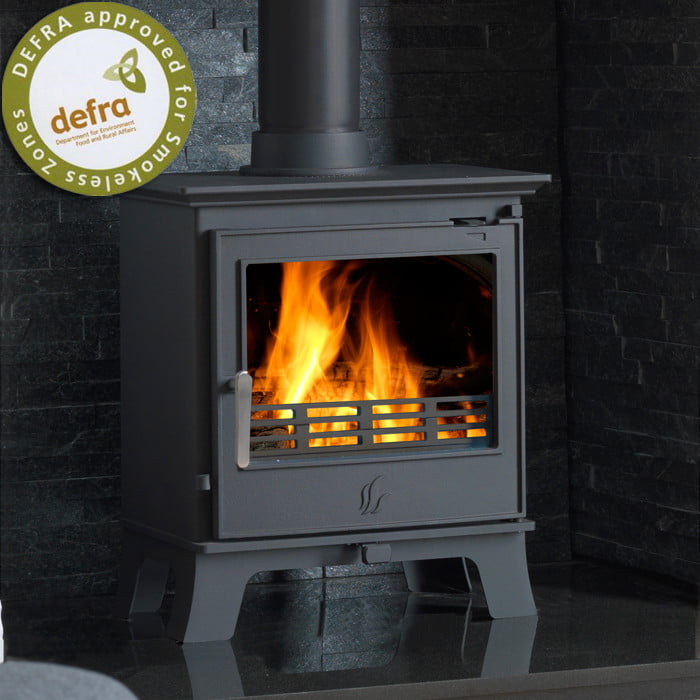We had such a great service and after care from Complete stoves.
Extremely helpful, knowledgeable along with such friendly advice.
Would definitely recommend.
We purchased a Hunter Allure 7. Fantastic.
Call us for further assistance on 01788 822268

[ig_row][ig_column span=”span12″][ig_text enable_dropcap=”no” disabled_el=”no” ]
In May 2018, the UK Government launched a consultation into their new clean air strategy that may affect older wood burning stoves and open fires.
The clean air strategy aims to crack down on a wide range of pollutants. These include particulates from wet wood and coal burning in homes, ammonia emissions from farms and dust from vehicle tyres and brakes.
The new clean air strategy is a response to an EU directive on cutting harmful emissions. An air quality plan, published in July 2017, is related to a separate EU directive on cleaner air.
The environment secretary, Michael Gove, said he was ready to legislate to ensure only the “cleanest” domestic fuels would be available for sale. About 10% of UK homes (2.5 million) have an open fire or wood-burning stove.
Using the latest stoves with installation and maintenance by qualified fitter will help to reduce particulates pollution. However choice of fuel is an important factor. –
Experts say the burning of wet or unseasoned wood and smoky solid fuels is the main problem. Wet wood contains moisture that creates smoke and harmful particulates when burned. Properly seasoned wood should have a moisture content of 20% or less.
One easy measure would be to ban the sale of wood that does not have the “ready to burn” logo. This would outlaw poor-quality logs bought from garage forecourts and DIY outlets.While some headlines may talk about wood burning stoves it is open fires that are the biggest polluters.Bruce Allen, chief executive of Hetas, the not-for-profit body that approves fuel and install standards, says open fires produce the bigger problem.
One of the newest models of stoves used to burn dry wood will produce a fraction of the particulates of an open fire burning wet logs, he said The government has also noted this in documents, meaning open fires are most at risk.
While open fires in high population density areas like London will probably be more strictly controlled, the latest Defra-approved stoves are likely to be fine.These wood burning stoves pre-heat the air entering the chamber and produce fewer smoky particulates than older stoves, and about 90% less than an open fire.Also consider switching to briquettes made from waste wood.
They are cheaper, deliver more heat and are cleaner-burning.Examples of Defra approved wood burning stoves available from Complete Stoves are show below:
ACR Birchdale DEFRA approved wood burning stove
ACR Malvern classic DEFRA approved wood burning stoves
Brosley Snodon DEFRA approved wood burning stove
Burley Debdale DEFRA approved woodburning stove
The consultation is still ongoing but Wood Burning stoves are very unlikely to be banned by future governments. Please get in touch if you have any concerns about Wood burning stoves.
Burning issue: Are wood-burning stoves going to get the chop?
UK’s new air pollution strategy ‘hugely disappointing
[/ig_text][/ig_column][/ig_row]
Address: Buffs Farm, Elkington Road, Yelvertoft, Northamptonshire, NN6 6LD
Business Registration Number: 14976397
VAT Number: GB 451 6528 91
Hetas Registered Installers